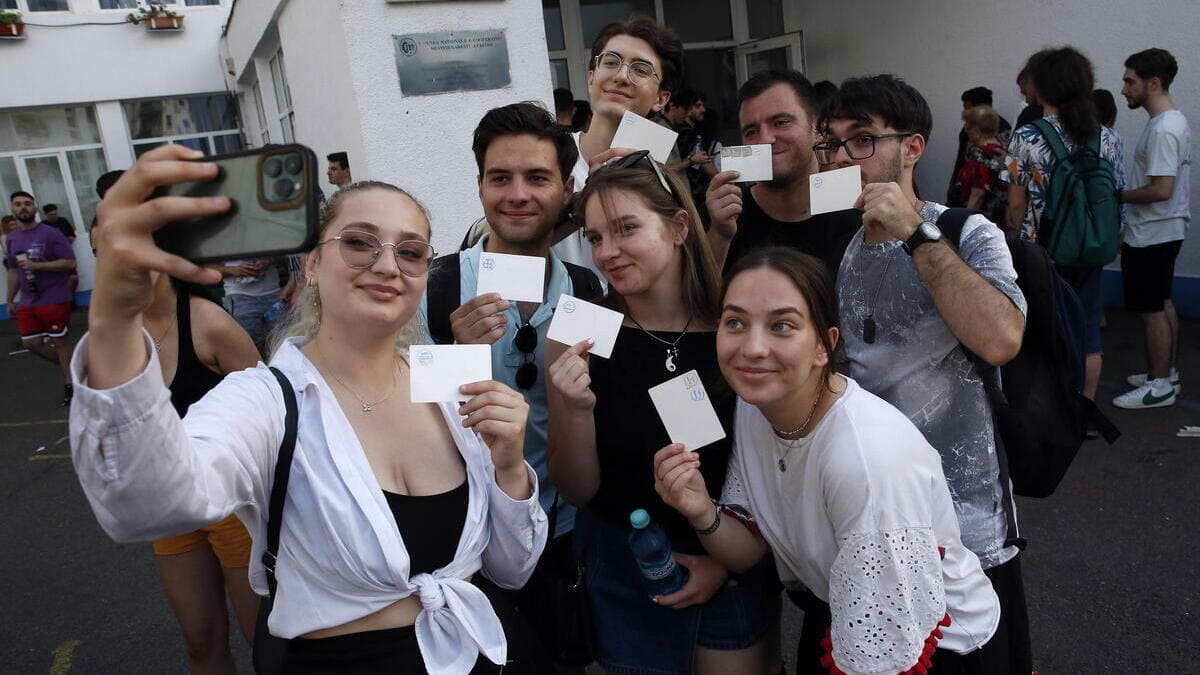The Shocking Youth Vote in Europe: Right-Wing Surge

Allowing sixteen and seventeen-year-olds to vote, as long as they don’t vote for what they want. It’s not easy to understand the shock of major international media outlets over the choice made by many young people, especially in France and Germany, to vote for right-wing parties. Telegraph and Cnn are “in shock,” and Bbc incredulously notes that in 2019 many young people had voted for Greens to promote climate change action. As if to say: they should have done the same in this election.
In Germany, Young People Are Not Voting for Greens
In countries that have lowered the voting age to sixteen and seventeen for the first time (Germany, Austria, Belgium, Malta, Greece), many minors voted not in line with the expectations of those parties that granted them the opportunity to express their opinions for the first time.
In Germany, 17% of voters in the 16-24 age group voted for the far-right Afd, a 12% increase compared to the previous election. The Greens, on the other hand, lost 23 percentage points, receiving only 11% of the vote.
Why? Shouldn’t young people all be radical environmentalists and in favor of expanding “individual” rights indefinitely, whether it’s ethical issues like abortion and euthanasia, social issues such as marijuana decriminalization, or LGBT rights?
Apparently, reality is more complex. In Germany, dissatisfaction with the Scholz government’s immigration policy, which was also criticized on security issues, and especially the recession crisis that has hit the economy, damaging the families of young people, has outweighed any other considerations.
Le Pen Gains Votes in France
In France, a similar situation occurred: while in the 18-24 age group in 2019 the Greens had a field day, this year it was Marine Le Pen’s Rassemblement National that swept the polls. Almost 40% of young French voters voted for Le Pen’s representative Jordan Bardella, leaving scraps for environmentalists and Macron supporters.
Again, dissatisfaction with Emmanuel Macron’s immigration policy and the consequences of radical green policies on the economy influenced the youth vote towards the right.
Many of them, as reported by the Bbc, also expressed concerns about the possibility of the war in Ukraine spreading to EU countries. Can you blame them? Macron’s warlike rhetoric, in this sense, did not help at all.
In Italy, Young People Choose the Left
The media’s alarm over the supposed radicalization of young people (which only occurs if they vote right-wing, never vice versa) is actually quite constructed. In Italy, for example, 18% in the 18-29 age group chose the Democratic Party, 17% chose the Five Star Movement, 16% chose Avs, and only 14% chose Fdi. Open therefore writes that “the hopes and dreams of the new generations seem to look to the left, where the ideals of progress, environmentalism, anti-fascism, and inclusivity are strongly felt” (the list only lacks world peace and the abolition of poverty).
Yet, for Cnn, the trend is alarming because the “impulsive and emotional” voting of young people for right-wing parties “damages democracy” and will lead to an even less favorable future for them.
Beyond Stereotypes
So, lowering the voting age is good and right only if minors vote for progressive and left-wing parties, only if young people limit themselves to demonstrating with #FridaysForFuture and focus on the planet, without daring to get involved in all those matters that affect the lives (and wallets) of people up close.
The media can rest assured: young people, just like older voters, do what they want. They vote both right and left, they care about the environment and war, about rising energy prices and immigration.
The stereotype of the green, chic radical, pro-LGBT youth is very strong on social media, less so in the voting booths. It’s good news.



